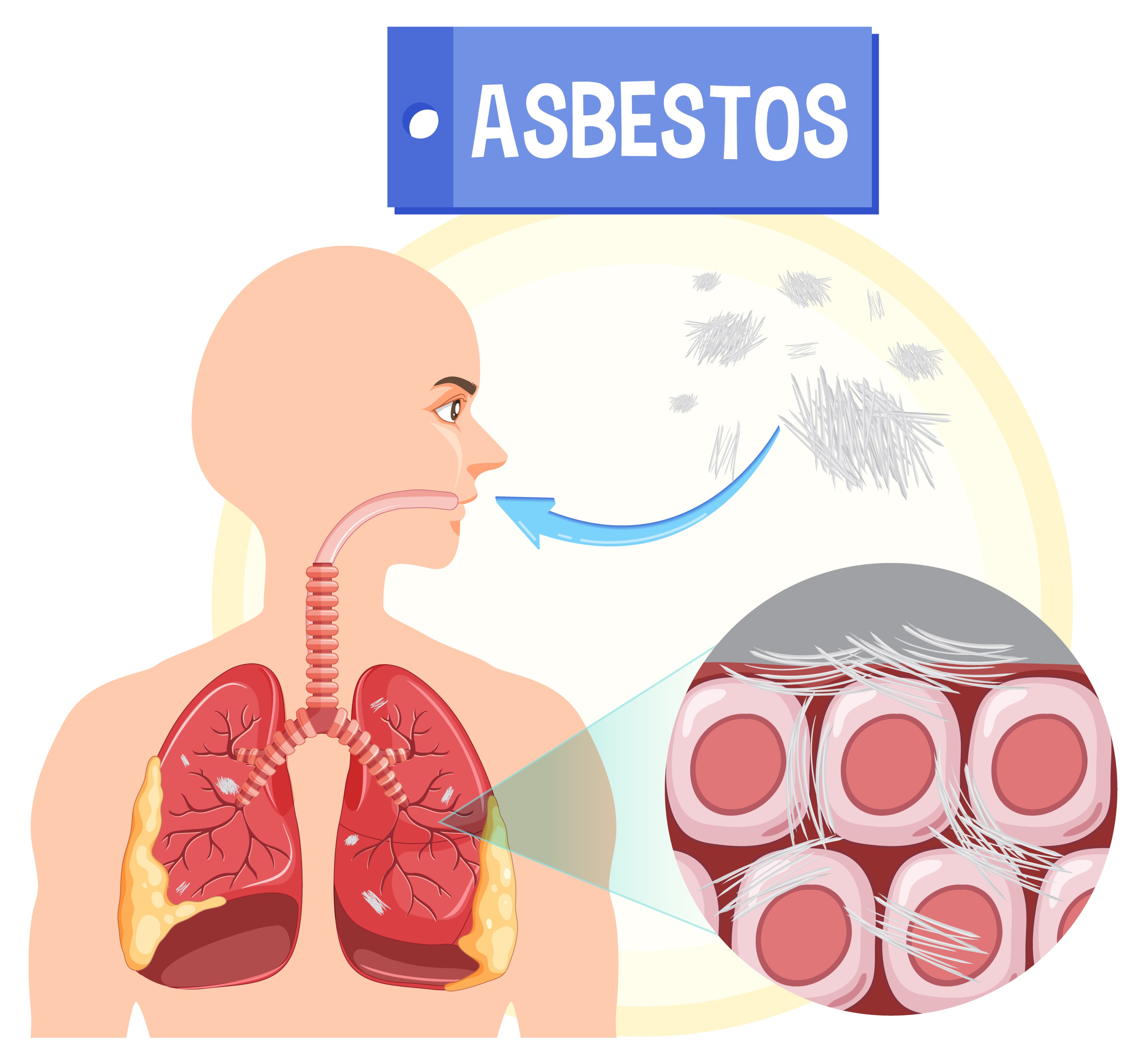
Asthma and Allergies: Exploring the Connection
Introduction: Asthma and allergies often go hand in hand, with many asthma sufferers also experiencing allergic reactions. Let’s delve into the connection between asthma and allergies and how it affects individuals.
Understanding the Connection:
- Shared Triggers: Allergies and asthma can share common triggers such as pollen, dust mites, pet dander, mold, and certain foods. Exposure to these allergens can exacerbate asthma symptoms and trigger asthma attacks.
- Allergic Asthma: Some people have a type of asthma known as allergic asthma, where allergic reactions play a significant role in triggering asthma symptoms. In allergic asthma, exposure to allergens leads to inflammation in the airways, resulting in symptoms such as wheezing, coughing, and shortness of breath.
- Atopic March: The atopic march is a phenomenon observed in some individuals where allergic diseases such as eczema, allergic rhinitis (hay fever), and allergic asthma develop in a sequential pattern over time. This progression suggests a common underlying allergic mechanism.
Managing Asthma and Allergies:
- Identify and Avoid Triggers: Work with your healthcare provider to identify your asthma and allergy triggers and take steps to avoid them. This may involve using allergen-proof covers on bedding, vacuuming regularly, and minimizing exposure to known allergens.
online pharmacy buy synthroid no insurance with best prices today in the USA
- Medication Management: Take your asthma and allergy medications as prescribed by your healthcare provider. This may include controller medications to manage asthma symptoms and antihistamines or nasal sprays to control allergy symptoms.
online pharmacy buy wegovy no insurance with best prices today in the USA
- Immunotherapy: For individuals with severe allergic asthma, immunotherapy (allergy shots) may be recommended. Immunotherapy involves gradually exposing the immune system to small amounts of allergens to desensitize it over time, reducing allergic reactions and asthma symptoms.
Conclusion:
The connection between asthma and allergies is significant, with allergic reactions often triggering asthma symptoms and exacerbating the condition. By understanding this link and taking proactive steps to manage both asthma and allergies, individuals can better control their symptoms and enjoy improved quality of life.
To seek medical advice, always consult a Doctor. Here are our recommended experts.
online pharmacy buy finasteride no insurance with best prices today in the USA
Click here
To read more on Respiratory disease . Click Here
Recent Posts
Dr. Aakash0 Comments
`Plinko Topu Qanunidirmi? Doğruluğu Yoxlayın`
Dr. Aakash0 Comments
Pin Up — Реальные промокоды, бездепозитный бонус за регистрацию
Dr. Aakash0 Comments
Official site Mostbet 💰 Huge Games Selection 💰 400 Free Spins
Tags
#support
arthritis
Blood tests
causes
Children
complications
coping strategies
diabetes
diagnosis
diet
eczema
exercise
Healthy Lifestyle
Heart Disease
heart health
High blood pressure
hormonal imbalances
Hormones
hydration
india
Indian patients
inflammation
lifestyle changes
management
medication
Medications
mental health
Nutrition
pain management
physical therapy
pregnancy
prevention
recovery
risk factors
signs
skincare
skin condition
stress management
stroke
support
surgery
symptoms
transmission
treatment
treatment options

